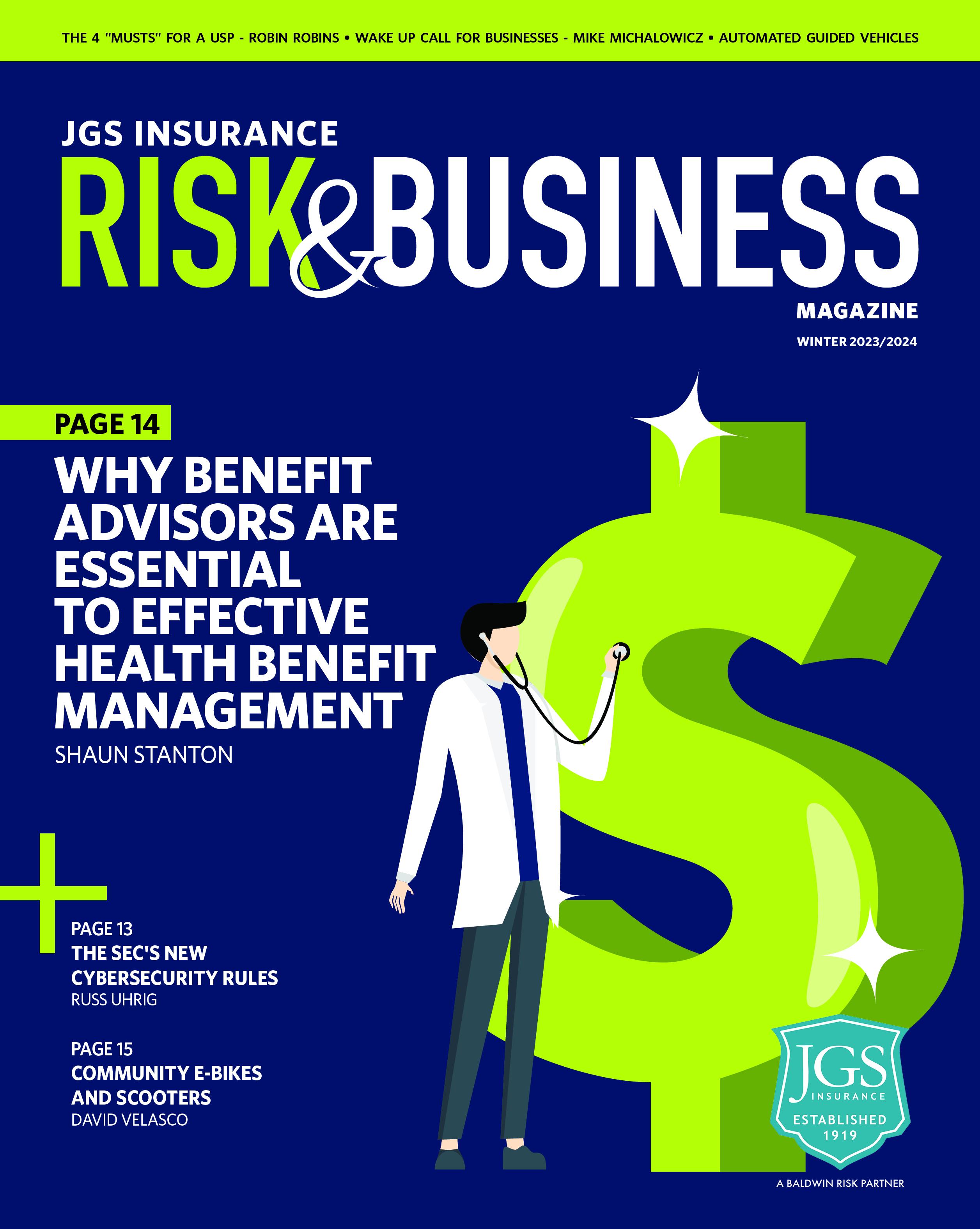By Meaghan Tyndale-Williams, Vice President – Commercial Lines
Preparation is Key
It’s that dreaded time of year again. A month or two after the expiration of your Workers’ Compensation Insurance policy and you are getting calls to schedule your audit. The audit is being requested to determine the amount of premium you owe for the year. Payrolls fluctuate, so the amount used when the policy was first set up is considered your estimated exposure. The payroll estimate comes from you prior to the policy’s inception and is your best projection for the coming year. The purpose of the audit is to determine your actual exposure during the policy period. Since your workers’ compensation premium is determined by your exposures, the audit determines how much you will pay.
There are two exposures being looked at during the audit. Your payroll and the cost of uninsured contractors. If these exposures are higher than what you originally projected, you will receive a final audit statement. The final audit statement will indicate the amount of additional premium owed in this scenario. If you’re over the projected amount, you will receive a credit on the final audit statement. The billing statement usually comes within three months after the policy expiration and, once received, generally needs to be paid within 30 days.
Seems simple enough; however, if you are not well informed and prepared, it might not be. So what do you need to do to make sure you are prepared? First, understand what the auditor is looking for. Payroll is primary and payroll also includes payments made to uninsured contractors. For this reason, make sure you have current certificates of insurance on file showing WC coverage for each subcontractor you used during the policy period.
To verify the payroll, the auditor will most likely request one or all of the following documents:
Payroll Records to include
Payroll Journal and Summary
Federal Tax Reports – 941s that cover the audit period
State Unemployment Reports and Individual Earnings RecordsAll Overtime Payments Shown Individually
Employee Records
Include a detailed explanation of the job duties of each employee<
Include Number of Employees<
Hours, Days, or Weeks Worked Annually
Cash Disbursements showing
Payments to Subcontractors
Materials
Casual Labor
Certificates of Insurance
For All Subcontractors
For All Independent Contractors
A detailed description of your business operations
To make the auditor’s and your life go smoothly, have all of the requested documents ready prior to their arrival. A quick audit is a good audit, and a happy auditor usually means a happier insured!
Overtime is discounted, so to make sure you are not overcharged; itemize all overtime paid to your employees. Break it out per employee per job classification.
The auditor will ask questions about your operations. To make sure the audit is accurate, the owner of the business or someone else with a very good understanding of the operations should meet with the auditor.
Keep your answers to their questions simple and do not volunteer information. It’s a good idea to review their work prior to them leaving your office. Review how they classified your employees and make sure you are in agreement. Misclassification of employees can be very costly! If you agree with the auditor, keep a copy for your records.
Now that the audit is over, expect to get a final audit in the mail. Once you receive this, make sure to review it for accuracy. The most common mistakes are misclassification of employees, a change in the experience modification, charges for subcontractors, policy rate changes, incorrect payroll, or instances where payroll separation are not allowed. If you find any of these things or do not agree with the audit, your insurance broker can help you file a dispute that will put a hold on any collection procedures for the premium in dispute. This needs to be put in writing to your insurance company with a detailed explanation of what is incorrect and what the correct premium should be. You will be asked to pay the undisputed portion of the premium, but ultimately, if your dispute is done correctly, it will save you from overpaying for your insurance.

